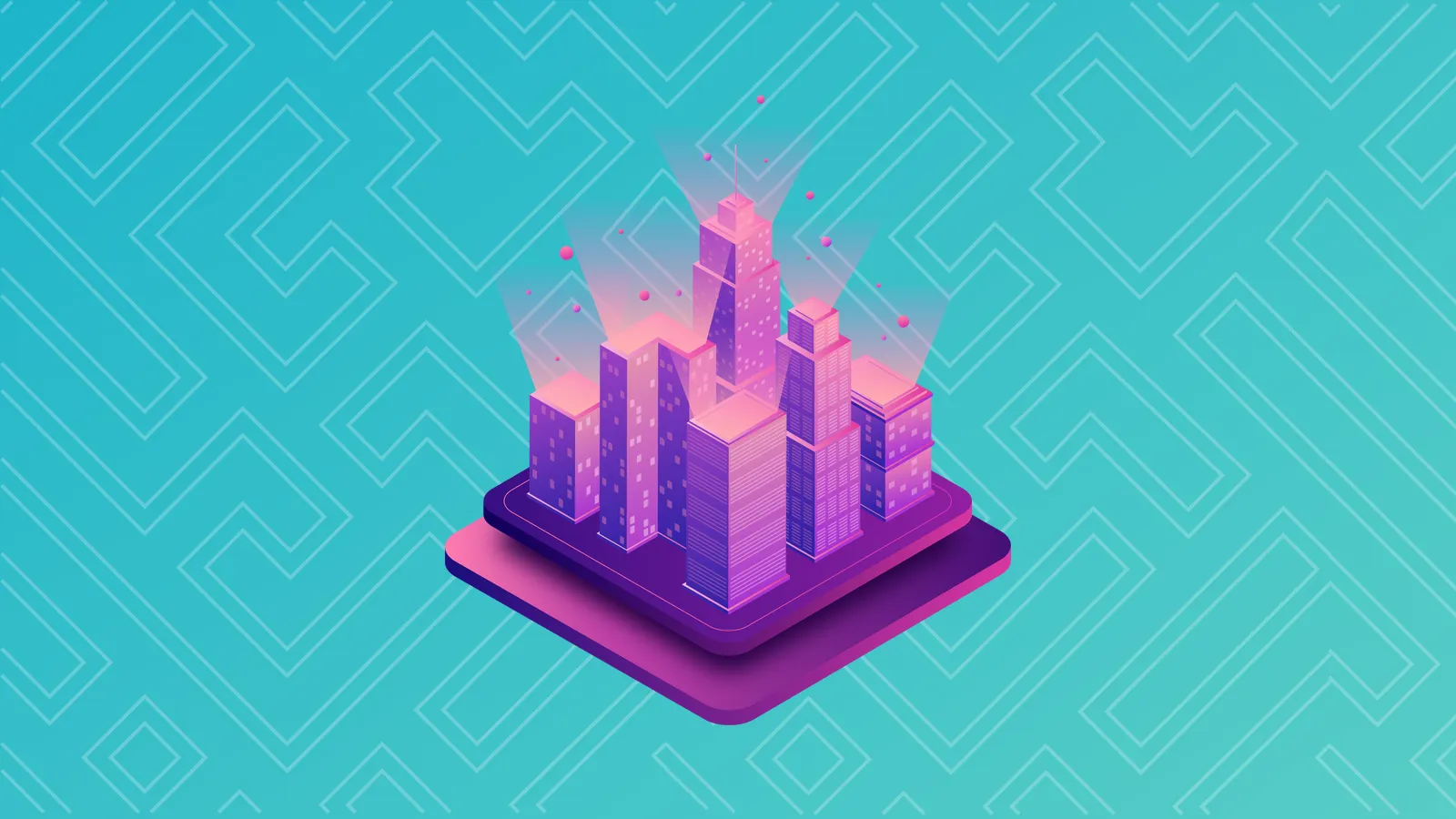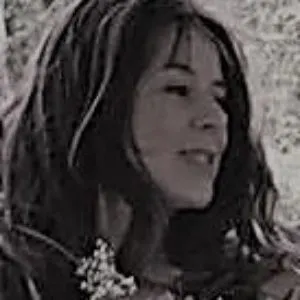SimCity, Civilization, Minecraft. Game developers have spent years creating world-building games that allow people to construct buildings, cities or colonize entire worlds. But beyond your vanquished digital foes, what do you have to show for all the hours it took to make these fantastic creations? Not much. What would happen if you could ascribe real monetary value to what you created, and sell it to the highest bidder? That's the promise behind Decentraland, a blockchain powered world-building game.
Can Decentraland help create new worlds, and new types of wealth, or will it merely capitalize on old ones? We find out below.
What is Decentraland?
Decentraland is a decentralized virtual reality platform powered by the Ethereum blockchain. Within the Decentraland world, users can create, experience, and monetize what they build and what they own.
In Decentraland’s shared virtual world users can buy land, known as "parcels" that are recorded on a blockchain backed ledger. The land itself, as well as the virtual properties built on top of it, is a type of a non-fungible digital asset or utility token called LAND, which is stored in an Ethereum smart contract.
LAND owners control the content published on their land, which is coded into a smart contract. This content could be anything from scenes and images to games and applications. Users can explore, travel and visit venues in a similar way to in the real world. The platform is also a peer-to-peer network for users to interact.
With Decentraland, we’re creating an ecosystem that combines many of the solutions being implemented on cryptocurrencies with the impending mass adoption of VR systems. The result is a metaverse, a social 3D world with a native economic network.
How to buy land in Decentraland?
LAND is bought using Decentraland’s cryptocurrency MANA, also an in-world currency. This virtual land is permanently owned by users until they want to sell it. No central entity can take over the land once it's sold, preserving the game's decentralized ethos. By using a distributed ledger, with smart contracts containing content or links to user’s files and creations, all the platform’s data too, remains decentralized.
Did you know?
Land parcels have been selling for thousands of dollars. In one exchange in December 2017, one parcel of land sold for $60,000!
What can you do with MANA?
The cryptocurrency MANA is a utility token, like LAND, and will be used in Decentraland’s world. Tokens will be used to pay for land, avatars, items, collectibles, and for entertainment like gambling. The ability to earn MANA is an incentive for developers to create and manage good content. MANA is also an ERC-20 token that can be bought and traded on cryptocurrency exchanges.
MANA has a fixed supply and when LAND is bought in exchange for MANA, that MANA is burned.
Who created Decentraland?
Decentraland was founded by Esteban Ordano and is registered as Metaverse Holdings Ltd and headquartered in Beijing, China. Ordano was a software engineer at BitPay and is credited with co-creating a leading Bitcoin infrastructure library, Bitcore. He has also worked on Copay and led the team that created the Streamium application. Along with other Decentraland team members, Ordano co-founded a blockchain oriented hackerspace called Voltaire in Argentina.
A brief history of Decentraland
- 2015 – Decentraland founded
- August 2017 - $20 million raised in an Initial Coin Offering (ICO)
- December 2017 – The first “LAND” auction is held where developers pick prime virtual property locations
- March 2018 – After becoming a priority due to demand, a Decentraland land marketplace opens
- June 2018 – Developers begin to build their creations and LAND sales for the month are double CryptoKitties volume
- April 2019 – Customizable avatars with passports are unveiled and will be available soon. Decentralized is expected to go live in Q2
Did you know?
From January 21, 2018 through October 22, 2018, Decentraland recorded close to 39,000 transactions representing $23.5M in MANA spent.
The future
Decentraland is still in development. It has progressed through several stages, aptly titled “Stone Age” and “Bronze Age”, with more to come in its road map. In each of these stages, new features are added, such as the ability to create apps, chat applications and more.
The ultimate goal is for Decentraland to have its own economy, where people can rent land to others, put up advertising billboards for products and services and create gathering places inside the game for users to spend time in.
Decentraland's great promise is that blockchain can be fun and engaging, just like regular gaming, but also help people gain access to property ownership in ways only blockchain could enable.
Will it succeed? Time will tell.






